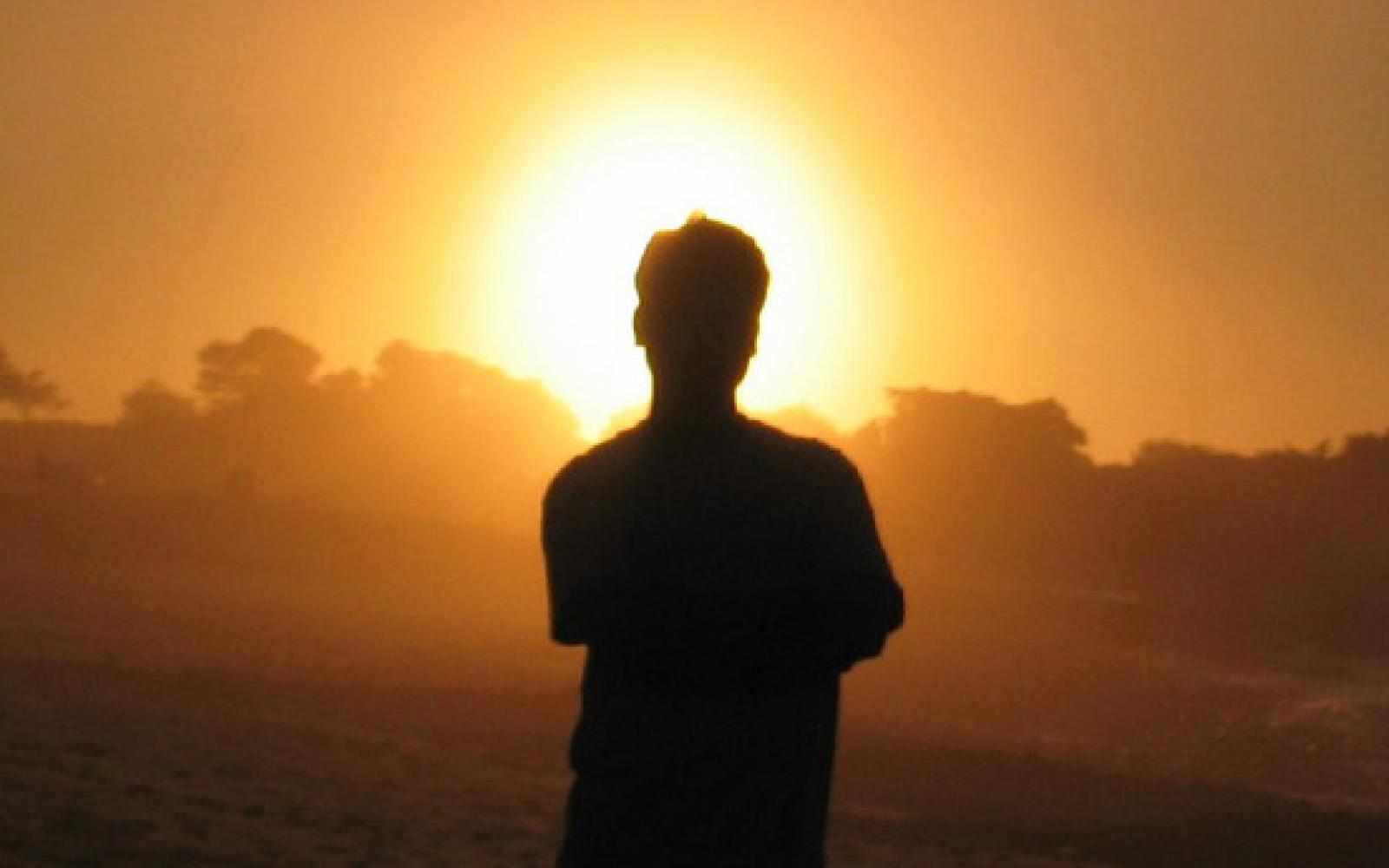My grandmother’s name was Flora, and she was all heart. Born and raised in Bristol, Tennessee, she had a deep connection to Appalachia. On occasion, I would ride with her into the Appalachian Mountains with a station wagon full of groceries to be delivered to several dirt-poor families for whom she watched out. There wasn’t an arrogant bone in my grandmother’s body and a sense that she understood poverty from the inside out and took it in stride – both the fact of being poor and her service to those that needed help. As a result, there wasn’t shame in these exchanges, and I so loved accompanying her.
There were other times, however, when I was embarrassed by my grandmother’s service. She had a compulsion to give, and this meant that she wasn’t always able to discern when to step in and when to step back. On occasion, I stood as witness as my grandma insisted on paying for someone else’s groceries – a random person who she thought might be struggling. There were times when this gesture was a lovely act of generosity. Other times, standing next to her, I wanted to sink into the earth, my body full of dread – a dead giveaway that my grandmother had overstepped an invisible boundary.
How do we figure out what is ours to pick up and what is not, particularly when we are exposed to problems around the globe 24/7?
“Dharma” is a Sanskrit word with multiple layers of meaning, referencing, in part, individual conduct that conforms to the principles or laws that order the universe. We discern our dharma not by measuring up to expectations from the external world but rather by searching for the truth within. When we respond to the demands of the world by aligning those demands with our inner truth, we are responding dharmically. When a child is born as a musical protegee, the relationship between dharma and service is relatively easy to discern. In my own life, it is quite clear that it is not my dharma to become a pilot or an electrical engineer.
The work of Ashoka, an organization that supports the social enterprise movement, calls on “everyone to be a changemaker.” There is a sense of urgency in this mission, a recognition that the problems in the world have grown so complex and intertwined that we need all minds, hearts, and hands on board to respond. This is best done through honoring the notion of dharma. As we call on every individual to become a changemaker, we are really calling on each person to discern and respond to his or her dharma.
Sometimes there is a tendency to measure the impact of our lives or organizations by the number of people that we touch or the size of our mission, particularly in the expansive culture of the United States. It is the dharma of some to work on a large scale. The dharma of others, however, may be virtually invisible. I recall a father whose son was a paraplegic requiring around-the-clock care. The father understood that it was his responsibility to take care of his son full-time. It was a quiet mission and a noble one. There are people who have withdrawn from the world, devoting their lives to meditation. From the outside, they may be perceived as having abandoned the world. However, for some, a life of withdrawal is the highest calling.
The social enterprise movement recognizes that our organizations are no longer served by a linear, repetitious, and hierarchical structure, and it is exploring a fluid, collaborative, and open paradigm – one that supports everyone to lead change. However, as a new paradigm arises, there is the potential for one set of rules to inadvertently replace another. It is important in this new paradigm to recognize that not every moment is a leadership moment and not everyone is a leader (or entrepreneur) as we understand it. The father who cared for his son was not a leader, but he was a role model as he gracefully lived his dharma. The reverberations of his courage to live his truth in this way are immeasurable.
“Everyone a changemaker” becomes manifest as each of us responds to the world in alignment with our inner truth. Leadership, at its highest, supports this kind of growth. Any action that is driven by habit, convention, or external expectation potentially blinds us to what is dharmic in any given moment. This extends even to acts that appear virtuous, such as the service offered by my grandmother. This is why self-knowledge is such an important component of our service. As we know ourselves better, we are able to clarify what is arising from the personality or ego and what is arising from a more essential voice within. As we sharpen our inner knowing and surrender to its guidance, our lives become less compulsive and predictable and more creative and unexpected. Through discernment, we will better understand when to give and when not, what is ours to pick up and what we should leave alone, when to preserve and when to change. In turn, we release the creative potential within our organizations from the inside out.
This post originally appeared on Forbes.
